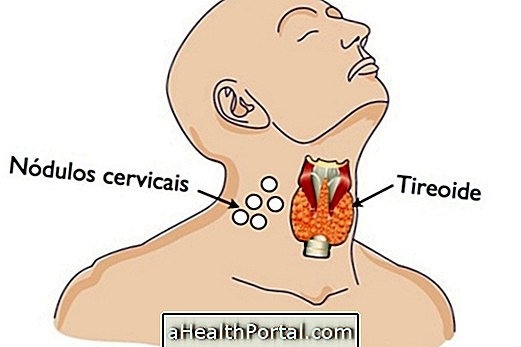Anxiety is a feeling that is related to problems that bring many concerns, such as knowing the diagnosis of an illness or having a dislike of love, for example and, is an emotional manifestation that upsets and bothers and usually results from feelings of frustration, guilt, insecurity or ingratitude, for example.
Some of the symptoms of distress include:
- Pain in chest and throat, with tightness;
- Rapid and uncontrolled heartbeat ;
- Sensation of suffocation, with difficulty in breathing;
- Restlessness and constant unrest;
- Permanent headache ;
- Negative thoughts;
- Anxiety attacks . Learn more at: Anxiety Crisis.
In addition to these common symptoms of distress, the patient may feel others, which may be confused with depression, and which disrupt everyday life, such as apathy, lack of appetite, insomnia, difficulty concentrating, muscle contractions and pain in the body and constant fatigue.
How To Treat Anxiety
To treat anxiety it is necessary to cure your cause to eliminate all symptoms, however, at times when symptoms manifest, there are ways that can help, such as:
- Learn to control your breathing : you should breathe deeply and slowly through the nose, bringing air up to the abdomen and pouring the air out, gently through your mouth.
- Replace negative thoughts with positive ones, recording both on paper.
- Do relaxation exercises, such as meditating or stretching;
- Taking a hot bath or asking a family member to do a back massage may also help;
- Rest in a dark and noiseless room;
- Drink a soothing tea like chamomile or valerian or passion fruit juice.
In some cases, especially when deep and constant anguish, it may be necessary to go to the doctor or psychologist to assess the situation and adjust the treatment, which usually includes psychotherapy sessions or even the use of anxiety-reducing medicines such as Xanax or Klonopin, for example.
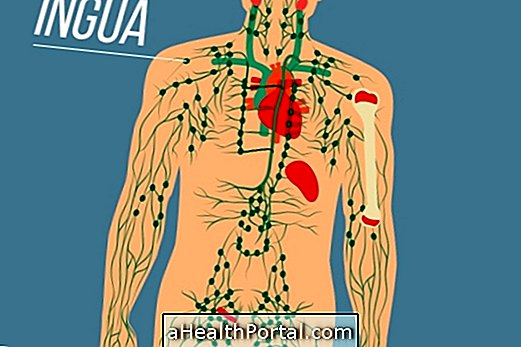
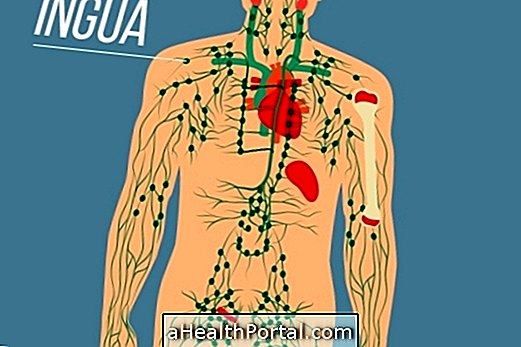

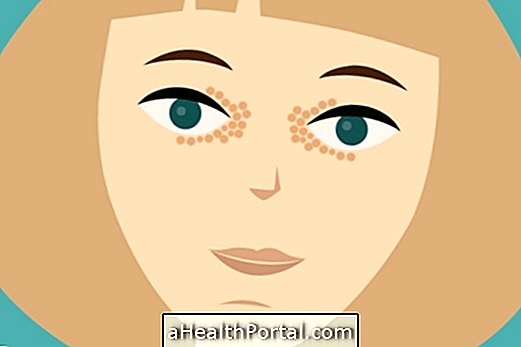

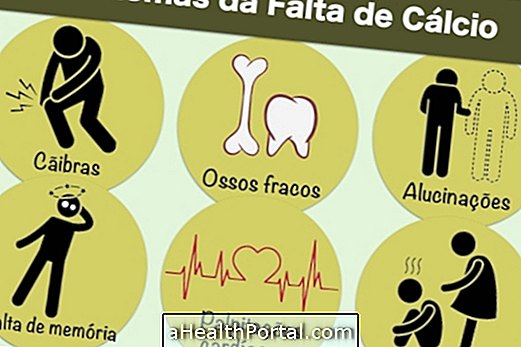







-o-que--e-para-que-serve.jpg)




-causas-e-como-tratar.jpg)
